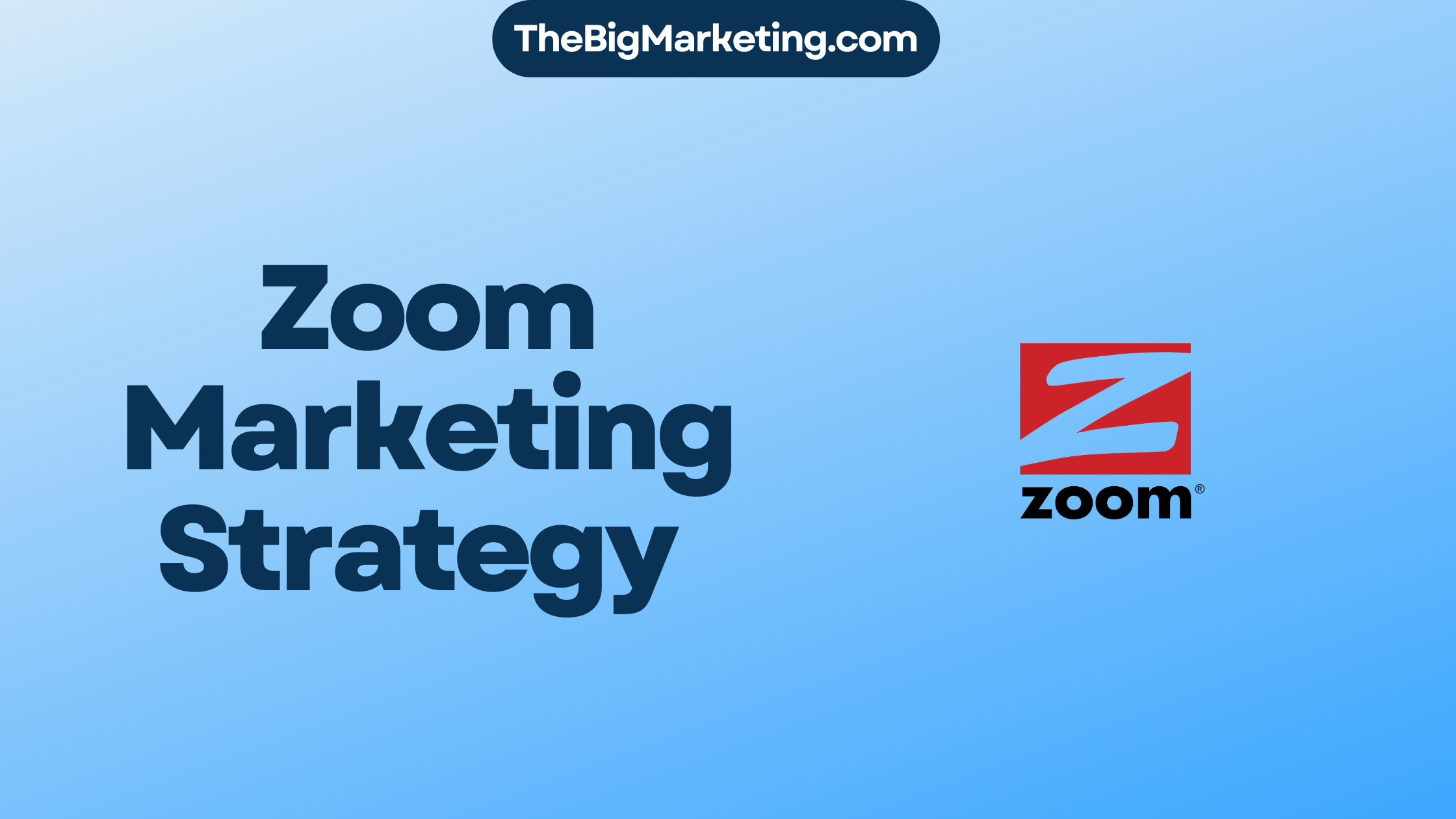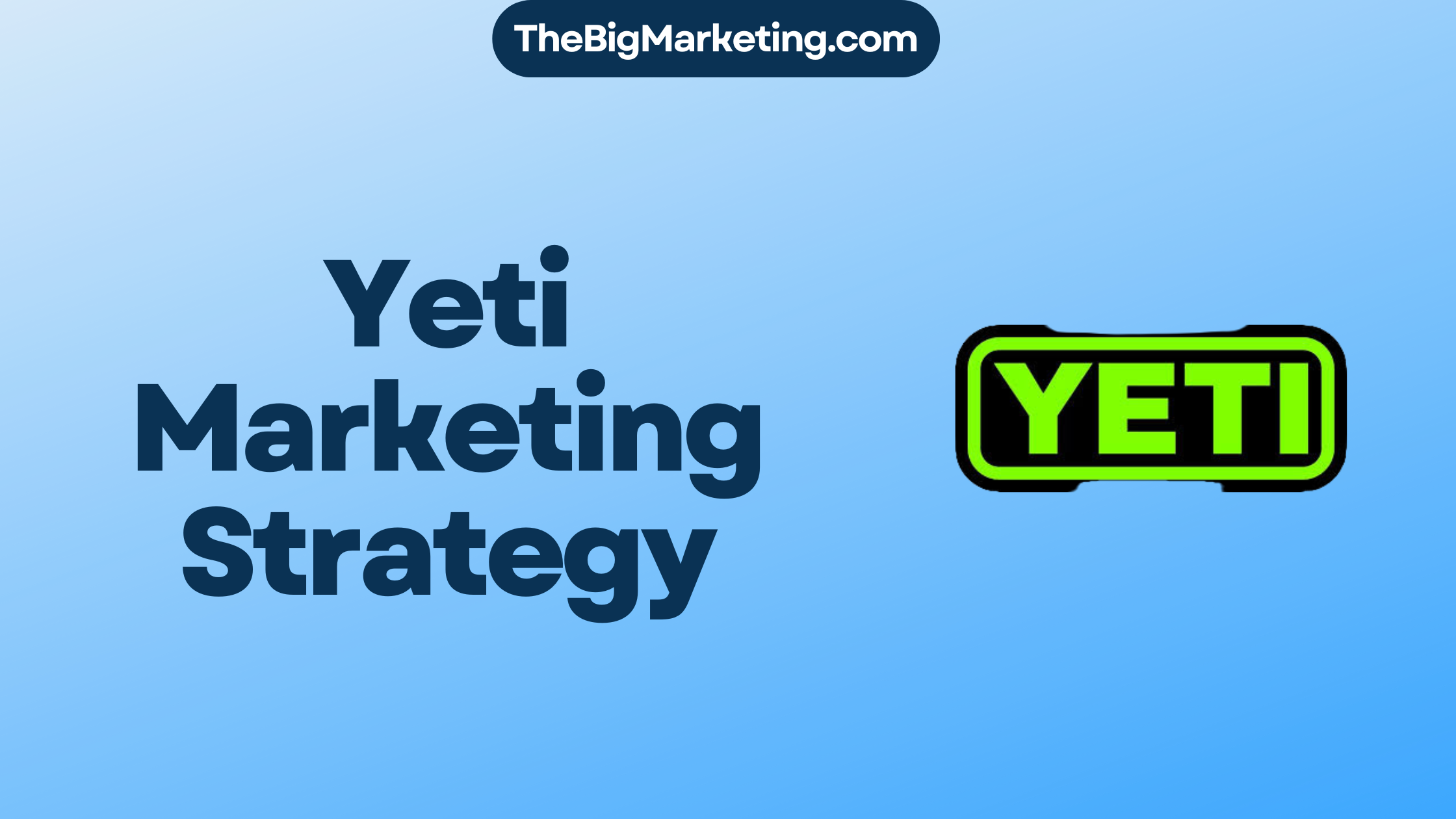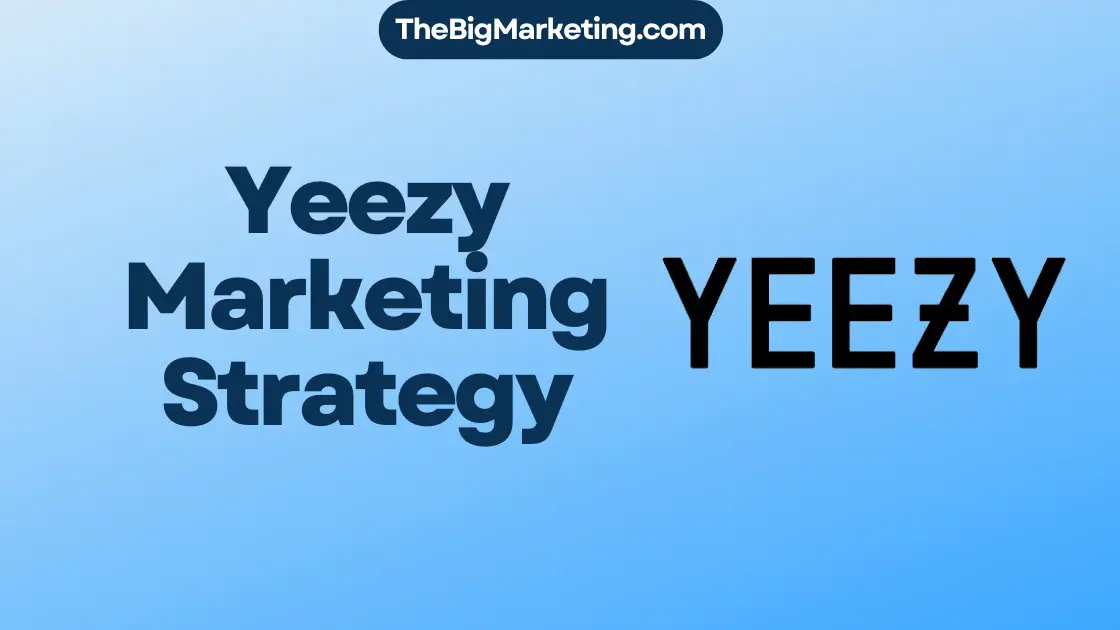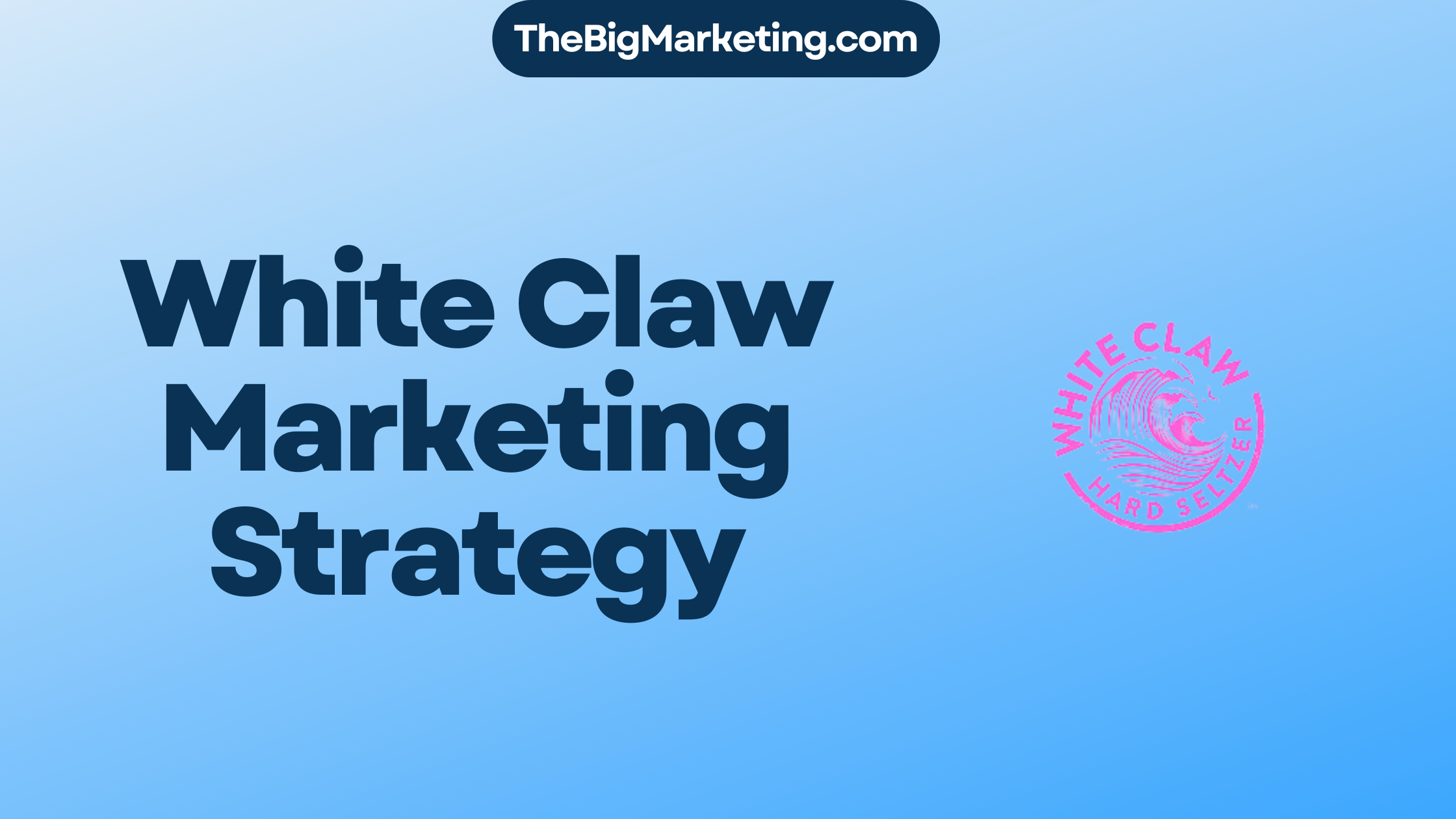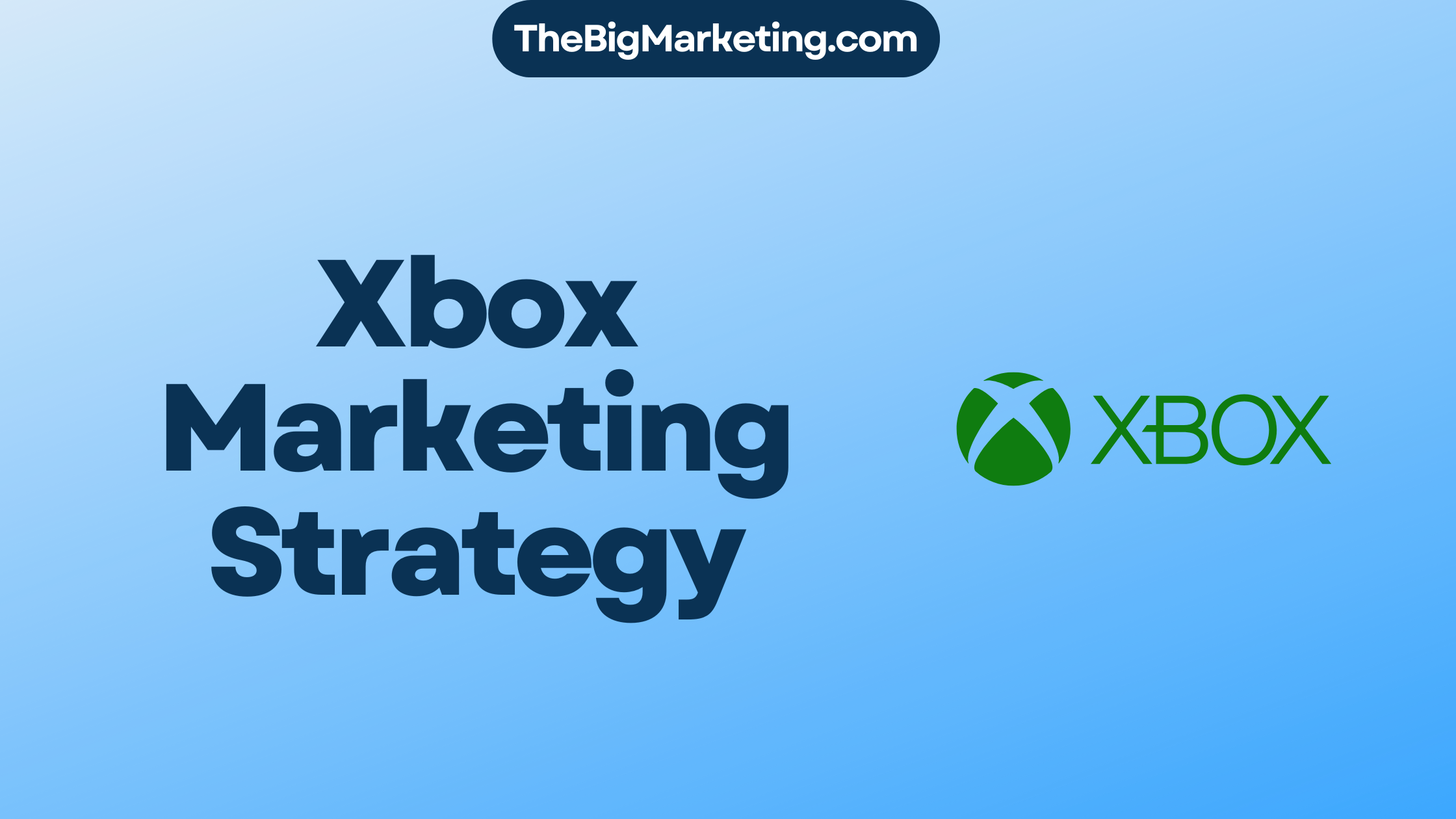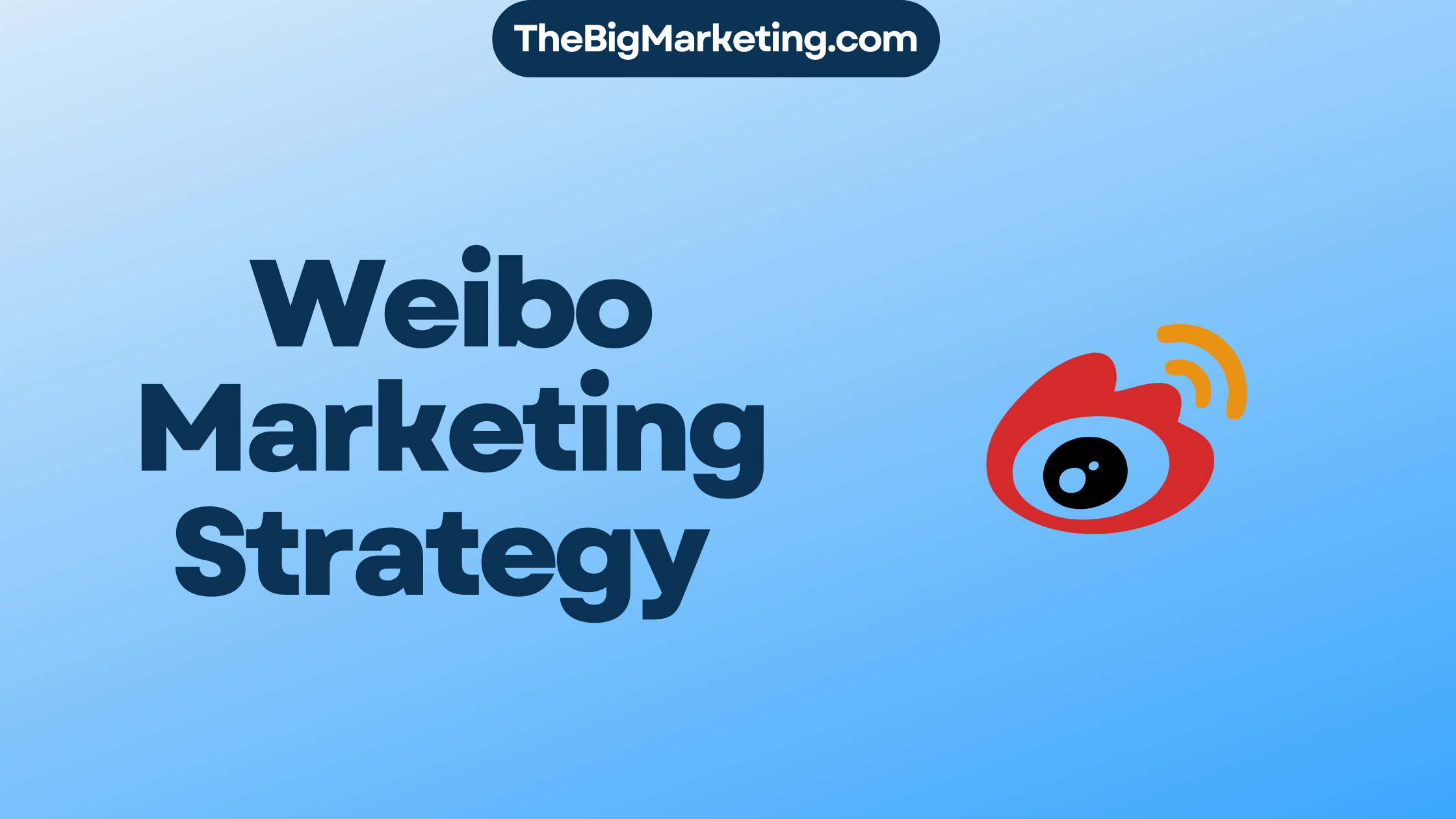Hermes is a renowned French high-end luxury fashion brand known for its fashion and luxury products. With a history of almost two centuries, it has established itself as the world’s leading luxury brand. This article will delve into the marketing strategy of Hermes, including its 4P marketing mix strategy, marketing and campaign strategy, and digital presence.
Key Takeaways:
- Hermes is a well-established French luxury fashion brand with a rich history.
- The brand focuses on maintaining exclusivity and emphasizing quality and craftsmanship.
- Hermes has a strong digital presence and utilizes digital platforms to engage with its audience.
- Successful campaigns like “Leather Forever” highlight Hermes’ heritage and craftsmanship.
- Competing with other luxury brands, Hermes targets high-net-worth individuals, fashion enthusiasts, professionals, gift buyers, and collectors.
About Hermes
Hermes International S.A. is a French luxury fashion brand that was founded in 1837 by Thierry Hermes in Paris, France. Initially, a humble harness shop, Hermes has grown into a global powerhouse in the luxury industry. With a relentless focus on exceptional quality and craftsmanship, the brand has successfully expanded its product offerings to include leather goods, textiles, perfumes, accessories, and more. Today, Hermes stands as a symbol of elegance, sophistication, and timeless style, making it one of the most sought-after luxury fashion brands in the world.
Current news about the brand
In the first half of 2024, Hermes reported a net profit of 2.2 billion euros, showcasing significant growth compared to the same period last year. This substantial increase in net profit underlines the brand’s strength and success in the luxury market.
Hermes has outperformed its competitors in the United States, with deals in the Americas region growing by an impressive 20.7 percent. This growth signifies the brand’s strong position in the luxury market and its ability to attract customers, especially in the United States.
American consumers have demonstrated a strong affinity for Hermes, contributing to the brand’s continuous expansion and success in the United States market.
The image above showcases the popularity of Hermes in the United States, reflecting the brand’s significant presence and influence in the luxury market.
Hermes’ exceptional net profit and brand growth highlight its prowess in the luxury industry and its ability to captivate consumers around the globe.
Targeting Audience
Hermes caters to a diverse range of discerning individuals, specifically targeting high-net-worth individuals, fashion enthusiasts, professionals, gift buyers, and collectors.
High-Net-Worth Individuals
Hermes luxury items are tailored for high-net-worth individuals who possess the financial capacity to invest in exquisite and exclusive pieces. These individuals appreciate the craftsmanship, quality, and prestige associated with the Hermes brand. By targeting this audience, Hermes ensures that its products align with their affluent lifestyle.
Fashion Enthusiasts
Hermes captivates fashion enthusiasts who are passionate about following the latest trends and style statements. The brand’s iconic designs, timeless elegance, and commitment to craftsmanship resonate with this audience, positioning Hermes as a fashion leader in the luxury industry.
Professionals
Hermes appeals to professionals in affluent professions who seek to enhance their personal and professional image through luxury fashion. The brand’s sophisticated and impeccable designs perfectly complement their refined taste and elevated status. Hermes acknowledges the importance of dressing for success and provides professionals with the means to express their individuality while exuding confidence and style.
Gift Buyers
Hermes also caters to gift buyers who are searching for unique and luxurious presents. Whether it’s for a special occasion or to express gratitude, Hermes offers a wide range of exquisite items that make for unforgettable gifts. The brand’s reputation for unmatched quality and exceptional design ensures that the recipients of these gifts feel valued and appreciated.
Collectors
Collectors are drawn to Hermes items due to their limited editions and iconic status. Hermes has an extensive range of products, from handbags to scarves, which are highly sought after by collectors around the world. The brand’s ability to consistently create timeless and coveted pieces makes it a favorite among collectors who cherish the exclusivity and rarity of Hermes items.
To further understand how Hermes effectively targets its audience, refer to the following table:
| Audience | Targeting Approach |
|---|---|
| High-Net-Worth Individuals | Offering exclusive, high-end products that cater to their discerning taste and purchasing power. |
| Fashion Enthusiasts | Showcasing the brand’s iconic designs and trend-setting collections through fashion shows, magazine features, and influencer collaborations. |
| Professionals | Positioning Hermes as a symbol of success and professionalism through targeted marketing campaigns and brand partnerships. |
| Gift Buyers | Highlighting the uniqueness and luxury of Hermes products, accompanied by personalized gifting services and packaging options. |
| Collectors | Creating limited edition pieces and collaborating with renowned artists and designers to maintain the allure and desirability of Hermes collectibles. |
Considering this strategic approach, Hermes effectively engages with its target audience and establishes its position as a leading luxury fashion brand.
Marketing Strategy of Hermes
Hermes, the renowned luxury brand, has implemented a robust marketing strategy to establish a sustainable competitive advantage in the industry. The brand focuses on several key aspects that encompass its corporate image, consumer loyalty, and financial performance.
One of the core elements of Hermes’ marketing strategy is the emphasis on the exceptional quality and craftsmanship of its products. By maintaining the exclusivity and luxury appeal of its offerings, the brand positions itself as a symbol of elegance and sophistication.
To effectively promote its brand, Hermes utilizes pop-up stores for promotional activities. These temporary retail spaces allow the brand to create unique experiences for consumers and generate excitement around new collections or collaborations. Moreover, Hermes strategically utilizes sponsorships to increase brand awareness and reach a wider audience.
In addition to enhancing its corporate image and brand visibility, Hermes places great importance on building and maintaining consumer loyalty. The brand cultivates long-term relationships with its customers by consistently delivering outstanding quality, personalized service, and an exceptional shopping experience.
Financial Performance
Furthermore, Hermes understands the significance of achieving positive financial performance. By focusing on profitability and growth, the brand ensures its long-term sustainability in the luxury market.
Hermes’ marketing strategy has proven effective in driving its financial success. In the first half of 2024, the brand reported a significant increase in net profit, showcasing its ability to outperform competitors even in a challenging economic environment.
The graph below illustrates the financial performance of Hermes in recent years:
Advertising & Marketing Campaigns of Hermes
Hermes is widely recognized for its successful advertising and marketing campaigns that effectively promote the brand and its products. These campaigns not only showcase the creativity and excellence of Hermes but also reinforce its branding and luxury appeal.
1. “Le Temps, un Object Hermes” Campaign
This campaign revolves around Hermes’ watchmaking philosophy and the brand’s dedication to crafting exquisite timepieces. Through captivating visuals and storytelling, Hermes showcases the artistry, precision, and timeless elegance of its watches. The campaign highlights the brand’s commitment to tradition and innovation in the realm of horology.
2. “Objects for Interior Life” Campaign
This campaign focuses on Hermes’ range of home accessories and interior design offerings. It aims to inspire consumers to elevate their living spaces with luxurious and meticulously crafted objects. By showcasing the attention to detail, quality materials, and unique designs, Hermes positions itself as a leader in the realm of interior design, catering to those seeking to imbue their homes with beauty and sophistication.
These advertising and marketing campaigns exemplify Hermes’ ability to leverage its brand image and narrative to engage with its target audience. By highlighting specific product categories, such as watches and home accessories, Hermes effectively communicates its expertise and excellence in various domains.
Hermes Advertising & Marketing Campaigns
| Campaign | Focus |
|---|---|
| “Le Temps, un Object Hermes” | Watchmaking Philosophy |
| “Objects for Interior Life” | Home Accessories & Interior Design |
These campaigns demonstrate Hermes’ ability to craft compelling narratives that resonate with consumers, showcasing the brand’s dedication to excellence and commitment to delivering exquisite luxury products.
Digital Marketing Strategy of Hermes
Hermes recognizes the importance of digital marketing and has embraced various digital platforms to engage with its audience and strengthen its brand presence. The brand understands that in today’s digital age, reaching a wider audience and staying connected with loyal customers requires a robust digital marketing strategy.
As part of its digital marketing efforts, Hermes has invested in creating engaging and informative content through the use of podcasts and documentaries. These mediums allow the brand to share its story, showcase its products, and provide valuable insights into the world of luxury fashion. By leveraging the power of digital media, Hermes effectively connects with its audience on a deeper level, building brand loyalty and fostering a sense of community.
In addition to podcasts and documentaries, Hermes also utilizes a newsletter to keep customers informed about the brand and the latest trends in the fashion industry. The newsletter serves as a direct communication channel, delivering personalized updates and exclusive offers to subscribers. By staying in regular contact with its customer base through newsletters, Hermes cultivates lasting relationships and maintains top-of-mind awareness.
Through these digital marketing initiatives, Hermes expands its reach and engages with a wider audience. The brand’s digital presence not only strengthens its position in the market but also allows it to adapt to the ever-evolving digital landscape. By staying proactive and innovative in its approach to digital marketing, Hermes ensures it remains at the forefront of the luxury fashion industry.
| Benefits of Hermes’ Digital Marketing Strategy | Examples |
|---|---|
| Increased brand visibility | Podcasts featuring interviews with renowned designers and industry experts. |
| Enhanced customer engagement | Behind-the-scenes documentaries showcasing the craftsmanship that goes into creating each Hermes product. |
| Targeted communication | Personalized newsletters offering exclusive updates, promotions, and event invitations. |
| Community building | Interactive online forums and social media platforms where customers can connect with each other and share their love for the brand. |
| Market research and insights | Gathering feedback and opinions from customers through online surveys and polls. |
Top 5 Competitors of Hermes
Hermes faces fierce competition in the luxury fashion market from several notable brands. The top competitors challenging Hermes for market share and customer loyalty include:
- Louis Vuitton: Renowned for its exquisite leather goods and accessories, Louis Vuitton has cemented its status as a global luxury powerhouse.
- Chanel: Known for its timeless elegance and classic designs, Chanel continues to captivate fashion enthusiasts around the world.
- Gucci: With its bold and innovative style, Gucci has successfully carved a niche in the luxury fashion industry, attracting a loyal following.
- Prada: Embracing a modern and minimalist approach, Prada presents itself as a brand that effortlessly combines sophistication and simplicity.
- Dior: Synonymous with luxury and refinement, Dior’s fashion items epitomize timeless beauty and exquisite craftsmanship.
These competitors have a strong presence in the market, targeting the same discerning audience as Hermes. The competition intensifies as these brands strive to capture the attention and loyalty of high-net-worth individuals, fashion enthusiasts, professionals, gift buyers, and collectors.
| Competitor | Main Offerings |
|---|---|
| Louis Vuitton | Leather goods, accessories, ready-to-wear |
| Chanel | Fashion, fragrance, accessories |
| Gucci | Luxury fashion, accessories, footwear |
| Prada | Ready-to-wear, leather goods, footwear |
| Dior | Haute couture, ready-to-wear, accessories |
Example of a Failed Campaign Or Backlash from Users
Hermes, a renowned luxury fashion brand, faced a significant challenge when it became entangled in a legal dispute and faced a backlash from both the public and the brand itself due to a controversial stake acquisition without proper disclosure by luxury fashion house LVMH. This incident, referred to as the Hermes backlash, caused a stir in the industry and raised concerns about brand reputation and transparency.
Following the acquisition, Hermes took legal action against LVMH, accusing them of improper practices. The legal dispute between the two luxury fashion giants lasted for an extended period, with Hermes diligently defending its brand and integrity throughout the proceedings.
Eventually, Hermes emerged victorious, as LVMH was fined for its actions and subsequently reduced its stake in Hermes. This legal victory not only showcased Hermes’ commitment to preserving its brand reputation but also sent a clear message about the importance of transparency and fair business practices in the luxury fashion industry.
The Hermes backlash serves as a reminder to brands about the significance of maintaining ethical standards and protecting consumer trust. It highlights the potential consequences that can arise when companies fail to adhere to these principles, as well as the importance of taking appropriate action to defend brand integrity. By successfully navigating this legal dispute, Hermes demonstrated its resilience and commitment to upholding its values as a luxury fashion brand.
Suggestions for a better campaign
Building on its successful campaigns, such as the “Leather Forever” campaign, Hermes can further enhance its marketing efforts by incorporating the following strategies:
1. Highlight unique product stories
Hermes can create campaigns that focus on sharing the unique stories behind its products. By showcasing the craftsmanship, heritage, and inspiration behind each item, the brand can connect with its audience on a deeper level and create a sense of exclusivity. This storytelling approach can ignite curiosity and emotional engagement among consumers, strengthening their connection with the brand.
2. Organize exclusive events
Hosting exclusive events for loyal customers can provide a memorable and immersive brand experience. Hermes can organize private showcases, trunk shows, or even pop-up stores in key locations to offer customers an up-close and personal encounter with the brand’s latest collections. These events can create a sense of anticipation and exclusivity, driving customer loyalty and generating positive word-of-mouth.
3. Leverage social media influence
Social media platforms present an excellent opportunity for Hermes to engage with a wider audience. The brand can collaborate with influential individuals, fashion bloggers, and content creators to feature Hermes products in visually appealing and aspirational content. By leveraging the power of social media, Hermes can reach new customers, increase brand visibility, and foster a sense of desirability among fashion enthusiasts.
4. Collaborate with emerging artists
Partnering with emerging artists and designers can help Hermes tap into new creative perspectives and attract a younger audience. Collaborative projects, such as limited-edition collections or artist collaborations, can create buzz and excitement, attracting attention from both loyal customers and new potential buyers. By aligning with emerging talents, Hermes can position itself as a brand that embraces innovation and the evolving nature of fashion.
5. Embrace sustainability
As consumers become more conscious of the environmental impact of their purchasing decisions, Hermes can integrate sustainable practices into its marketing campaigns. Highlighting the brand’s commitment to responsible sourcing, ethical manufacturing processes, and recycling initiatives can resonate with environmentally conscious consumers. By promoting sustainable luxury, Hermes can differentiate itself and appeal to individuals with a desire to make more ethical choices.
| Strategy | Description |
|---|---|
| Highlight unique product stories | Showcase the craftsmanship, heritage, and inspiration behind each item to create emotional engagement. |
| Organize exclusive events | Host private showcases, trunk shows, or pop-up stores to provide memorable brand experiences. |
| Leverage social media influence | Collaborate with influential individuals and fashion bloggers to increase brand visibility and desirability. |
| Collaborate with emerging artists | Partner with emerging talents for limited-edition collections or artist collaborations to attract a younger audience. |
| Embrace sustainability | Promote responsible sourcing, ethical manufacturing, and recycling initiatives to appeal to environmentally conscious consumers. |
Conclusion
Hermes, with its rich history of over 180 years, has firmly established itself as a leader in the luxury fashion industry. The brand’s marketing strategy exudes exclusivity, emphasizing the impeccable quality and craftsmanship of its products. By staying true to its brand philosophy and adapting to evolving consumer preferences, Hermes continues to thrive in a highly competitive market.
One of the key strengths of Hermes’ marketing strategy lies in its ability to maintain a sense of exclusivity. The brand carefully selects its target audience, catering to high-net-worth individuals, fashion enthusiasts, professionals, gift buyers, and collectors who seek luxury and sophistication in their purchases. This targeted approach enables Hermes to maintain its unique position in the market.
In addition to exclusivity, Hermes also recognizes the importance of adapting to the digital era. The brand effectively utilizes digital platforms to reach a wider audience and engage with its customers. From podcasts and documentaries to newsletters, Hermes leverages digital media to communicate its brand values, latest collections, and industry insights. This digital presence amplifies the brand’s reach and reinforces its authority in the luxury fashion space.
With its unwavering commitment to quality, craftsmanship, and a forward-thinking marketing approach, Hermes continues to captivate luxury fashion enthusiasts around the world. The brand’s ability to create timeless and iconic pieces, combined with its strong marketing strategy, ensures its continued success in the ever-evolving landscape of luxury fashion.
FAQ
What is Hermes?
Hermes is a renowned French high-end luxury fashion brand known for its fashion and luxury products.
When was Hermes founded?
Hermes was founded in 1837 by Thierry Hermes in Paris, France.
What is the valuation of Hermes?
Hermes is currently valued at 18 billion dollars.
How has Hermes performed in recent years?
In the first half of 2024, Hermes reported a net profit of 2.2 billion euros, showing significant growth compared to the same period last year.
Who is the target audience of Hermes?
Hermes targets high-net-worth individuals, fashion enthusiasts, professionals, gift buyers, and collectors.
What is the marketing strategy of Hermes?
Hermes’ marketing strategy focuses on enhancing the corporate image, building consumer loyalty, and improving financial performance.
What are some notable advertising and marketing campaigns by Hermes?
Examples of Hermes’ advertising and marketing campaigns include “Le Temps, un Object Hermes” and “Objects for Interior Life.”
What is the digital marketing strategy of Hermes?
Hermes utilizes various digital platforms such as podcasts, documentaries, and newsletters to engage with its audience.
Who are the top competitors of Hermes?
Some top competitors of Hermes include Louis Vuitton, Chanel, Gucci, Prada, and Dior.
Has Hermes faced any controversies?
Hermes faced a significant controversy when luxury fashion house LVMH acquired a stake in the company without proper disclosure.
How can Hermes improve its campaigns?
Hermes can focus on highlighting the unique stories behind its products, organizing exclusive events, and leveraging social media platforms to engage a wider audience.
What sets Hermes apart in the luxury fashion industry?
Hermes’ focus on exclusivity, quality, craftsmanship, and its ability to adapt to changing consumer needs sets it apart in the luxury fashion industry.
